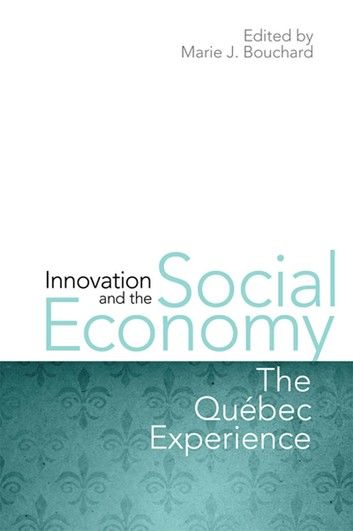Social economy organizations such as cooperatives, non-profits, mutual benefit groups, foundations, and non-governmental organizations are uniquely positioned to respond not only to emerging social and economic needs, but also to new collective aspirations. In Québec, for instance, a pioneering social economy system has been developed that is recognized worldwide for its ability to foster innovative solutions to economic disparity and sustainability issues. In the wake of a global crisis that has emphasized the growing gap between economic and social concerns, what can other regions gain from this model?
Through robust theoretical and in-depth empirical studies, this book offers the first opportunity to English-language readers to learn about the Québec experience of a social economy system. It takes stock of recent developments in the province relating to policy planning, governance, financing, local development, and legal frameworks. Innovation and the Social Economy also emphasizes this system’s potential for exploring alternative practices of production, consumption, and distribution that can foster social transformation.












